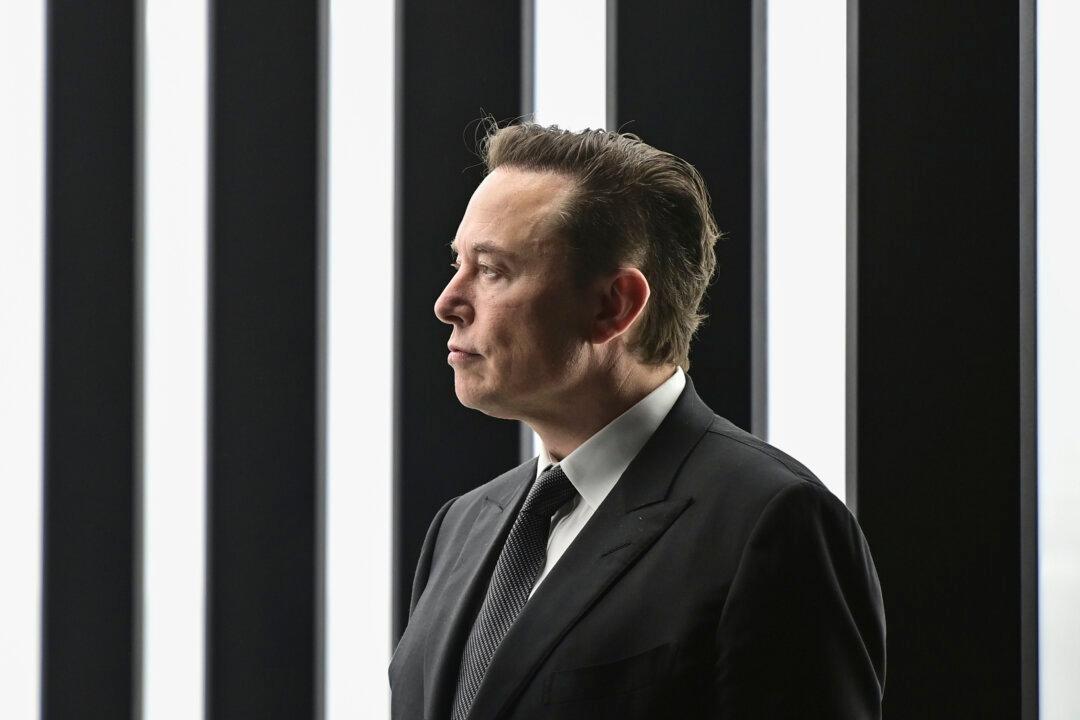Elon Musk, the billionaire head of Tesla, Space X, and Twitter, on Thursday predicted a “serious recession” in 2023 and promised not to sell Tesla stock next year “under any circumstances.”
Speaking in a Twitter Spaces audio forum, Musk also assured investors Tesla hadn’t “skipped a beat on execution” since he took over Twitter.





